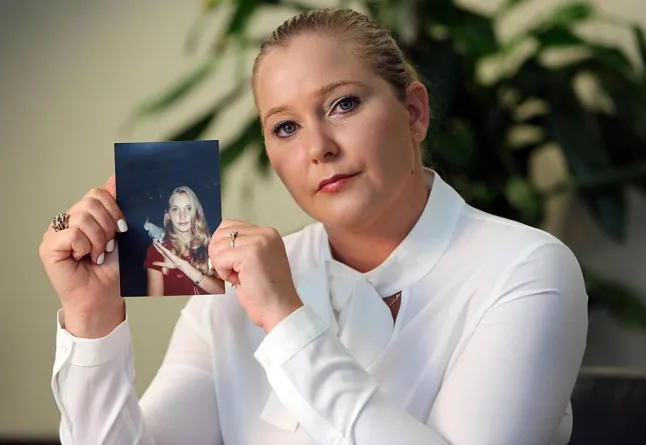The recent malicious block withholding or reorganization attacks on the BSV network have exemplified the urgent need for law in blockchain. Although many may scoff at this and believe that digital currencies should not be regulated, the fact still remains that illegal activities occur within blockchains; hence, the need for it to operate within the rule of law. And this is why Bitcoin Association, the Switzerland-based nonprofit global industry organization supporting the BSV blockchain, has announced zero tolerance for illegal attacks.
Featured Image VIA
“Blockchains cannot themselves prevent bad actors. But by working together with exchanges, miners, transaction processors and other industry participants, collectively we can facilitate a safe and trusted environment for users of the Bitcoin SV network. There have been prior attacks on other blockchains, and it is time that industry participants demonstrate that such attacks are in fact illegal—just as attacks against other financial systems are illegal—and will be met with legal enforcement action. The Association will continue to maintain a zero-tolerance stance for illegal activity on the Bitcoin SV network and will respond to all malicious actors and activities accordingly,” the Associated stated.
To set an example, Bitcoin Association is currently conducting an extensive investigation into the attacks, compiling every little bit of evidence to be used in a criminal complaint. This is to show that malicious attacks—no matter the motive and effects—will be considered illegal and be met with the appropriate legal actions. On top of these legal measures being taken, the Association has also maintained constant communication with exchanges in order to update them about the situation, and representatives are working around the clock to promptly restore BSV services.
“Bitcoin Association believes an exchange will be adequately insulated from any negative impact of attacks if it: 1) actively monitors the blockchain for block re-orgs; and 2) as an interim protective measure, maintains or extends to at least 20 the number of block confirmations required before BSV deposits are considered valid. We believe this provides sufficient protection against the block reorg attacks,” the Association advised by answering the most frequently asked questions (FAQs) about the attacks.
The Bitcoin SV Infrastructure Team, the developmental arm of Bitcoin Association, knew of the malicious nature of the block reorganization attacks during a regular monitoring of the network. Reactive and protective measures, which include “fork detection tools that enable ecosystem participants and partners to move expeditiously in the face of attacks,” were immediately activated. Since then, the attacks have stopped—showing the effectiveness of these tools and the superior capability of the BSV network to weather and dispel these kinds of attacks. Because of these, no BSV was reported stolen or lost as a result of the block reorganization attacks.
Transactions and block size pulling away from Blockstream Core and BCH.
And attempted attacks on the network a few weeks ago netted zero profits and just wasted a bunch of the attacker’s money.
Real use, real utility, real price discovery. #AuthenticBitcoin #BSV $BSV pic.twitter.com/aws4XJC9qh
— Kurt Wuckert Jr 🦧(@kurtwuckertjr) July 20, 2021
However, despite the fact that the attacks were largely unsuccessful, the fact still remains that what occurred is highly illegal and must not be tolerated. They further highlight how much needed law in blockchain really is as malicious actors will always try to attack financial institutions because they hold something of high value. In fact, it may well be that the attacker is targeting the different chains of Bitcoin as BTC and BCH have also been recently attacked.
“Given that the Bitcoin ABC (BCHA) chain experienced a reorganisation incident with similar characteristics just a few months ago, it is possible that this is a coordinated campaign against competing implementations and chains of Bitcoin. While no direct losses or thefts have yet been attributed to the attack on the BSV blockchain, the response by exchanges to restrict BSV deposit and withdrawals and/or trading activities and the attending reputational harm caused by the attacks could indicate that the detrimental intangible impact was the primary goal, not a secondary repercussion,” the Association revealed.















